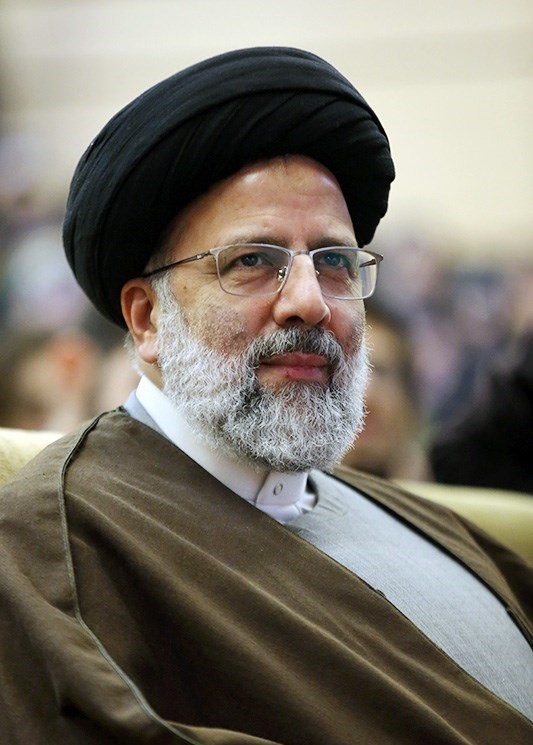Just when Benjamin Netanyahu’s tenure as Israel’s prime minister seemed on the brink of collapse, the International Criminal Court (ICC) intervened, inadvertently reinforcing his position. The ICC’s recent move to issue arrest warrants against Netanyahu and Israel’s defense minister Yoav Gallant, alongside three Hamas leaders, has inadvertently unified Israeli politicians and citizens in defense of their country.
Political Turmoil Averted
Netanyahu’s coalition government was teetering on the edge of disintegration over the weekend. Retired General Benny Gantz, a key political figure, had issued an ultimatum demanding a clear post-war strategy for Gaza’s governance. Gantz’s threats to withdraw his support increased the pressure on Netanyahu, hinting at potential governmental collapse.
However, the ICC’s prosecutor, Karim Khan, announced plans to seek arrest warrants for both Israeli and Hamas leaders on charges of war crimes and crimes against humanity. This announcement came as a shock, potentially aiming to halt ongoing conflicts and urge a reevaluation of military strategies.
The ICC’s decision to equate actions by Israeli leaders with those of Hamas leaders provoked immediate backlash from across the Israeli political spectrum. Opposition leader Yair Lapid denounced the ICC’s move, branding it a “disaster.” He emphasized the need for strong condemnation from the U.S. Congress and called for national unity in the face of what many Israelis perceive as biased international scrutiny.
Unintended Consequences of ICC’s Announcement
General Gantz echoed these sentiments, condemning the moral equivalence drawn between a democratic state defending itself and a recognized terrorist organization. Gantz’s initial opposition to Netanyahu softened as he joined the chorus of voices defending Israel’s actions.
This development has, paradoxically, strengthened Netanyahu’s political standing. Nadav Shtrauchler, a former campaign strategist for Netanyahu, pointed out that most Israelis see the ICC’s actions as an attack not just on Netanyahu, but on the nation’s right to defend itself. This perception is expected to consolidate support for Netanyahu, much like previous international pressures have done.
The reaction of the Israeli public to the ICC’s announcement is reminiscent of the response to past pressures from U.S. President Joe Biden and other Democrats pushing for a two-state solution. Instead of bending to external demands, such pressures often solidify Netanyahu’s position domestically.
The families of Israelis still held captive by Hamas reacted with mixed emotions. While they welcomed the warrants against Hamas leaders, they strongly opposed the ICC’s equivalence between Israeli leaders and Hamas terrorists. Former Prime Minister Ehud Olmert, a vocal critic of Netanyahu, noted that this comparison would only deepen the sense of international bias against Israel, thus rallying more support for Netanyahu.
The ongoing war in Gaza, triggered by Hamas’s deadly attack on October 7 last year, has seen heavy casualties on both sides. Israeli strikes have led to significant loss of life in Gaza, with international concerns over the humanitarian impact growing.
Broader Implications for Israeli Politics
Shtrauchler predicted that the Israeli public’s reaction to Khan’s announcement would mirror its response to efforts by U.S. President Joe Biden and other U.S. Democrats like Chuck Schumer, the Senate majority leader, to cajole Israel’s leadership into committing to a two-state solution for Palestinians.
“The Democrats and the administration tried to force Netanyahu in a certain direction, but it had exactly the opposite result,” he said. While the ICC prosecutor may not have had politics in mind, “the result will be exactly the same: It will strengthen Bibi’s position.”
Relatives of some Israelis still held captive by Hamas in Gaza, who are also active in the Hostages and Missing Families Forum that has been increasingly critical of Netanyahu, applauded the issue of warrants against senior Hamas officials, but recoiled from the “equivalence being drawn between Israel’s leadership and the terrorists of Hamas.”
Israeli Sentiments and International Perceptions
“Binding Bibi with Sinwar — that’s something that’s very hard for Israelis to swallow,” Ehud Olmert, a former Israeli prime minister and fierce Netanyahu critic, told POLITICO. It will only encourage Israelis to feel more beleaguered, he explained.
“You take a murderer, a killer, a man who sends his guys to butcher innocent Israelis, and you bind him with the prime minister of Israel who’s responsible for a counteroffensive, I mean, this is something that Israelis can’t accept,” Olmert said. “That plays in favor of Netanyahu. Israelis are already saying, ‘Look, they are all anti-Semites. They are all against us.’”
The ICC’s intervention has had the unintended consequence of uniting Israeli politicians and citizens around Netanyahu, reinforcing his leadership amidst ongoing conflict. The widespread view in Israel is that the ICC’s actions are unjustly targeting the state, rather than solely addressing individual leaders’ actions. This perspective is likely to bolster Netanyahu’s position in the near term, delaying any prospects for fresh elections and solidifying his grip on power.
The death toll in Gaza has sparked international concern, with South Africa accusing Israel of carrying out genocide in a case being heard by the International Court of Justice, also based in The Hague. Israeli strikes in the Palestinian controlled region have killed at least 35,000 people, according to figures from the Hamas-run health ministry in Gaza which provides separate casualty figures for combatants and civilians.
Conclusion
In summary, the ICC’s attempt to hold Israeli and Hamas leaders accountable for war crimes has inadvertently reinforced Netanyahu’s position as Israel’s prime minister. The international community’s actions have prompted a rally-around-the-flag effect among Israelis, uniting political opponents in defense of their nation and its leaders. As long as this perception persists, Netanyahu’s political future appears more secure, with fresh elections and a potential change in leadership unlikely in the immediate future.



